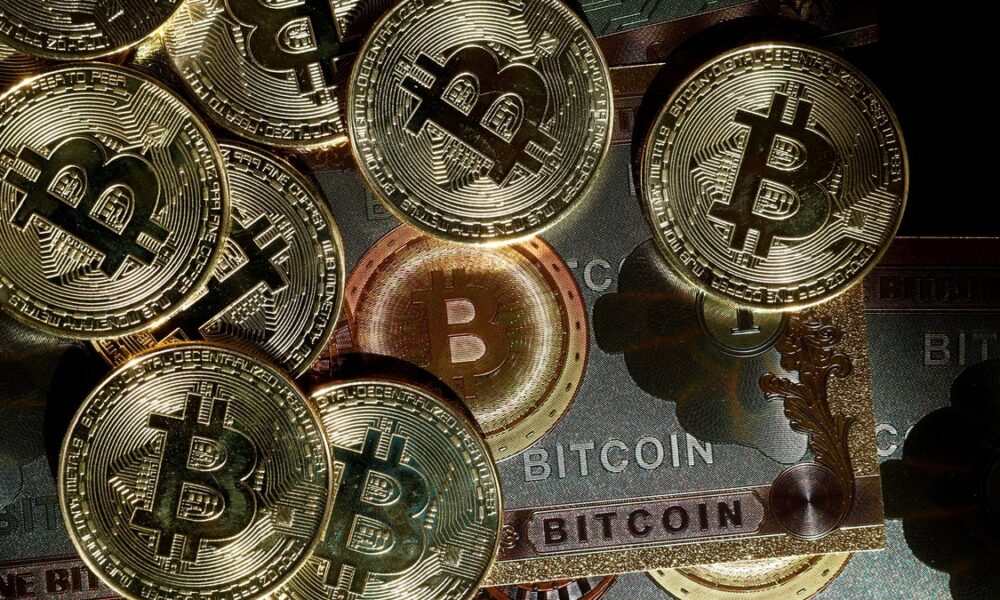Bitcoin
Bitcoin Surpasses $61,000 After Coinbase, Block Trim Blockbuster Gains

Photo: Benoit Tessier (Reuters)
Cryptocurrency exchange Coinbase and Jack Dorsey’s Block reported blockbuster earnings reports on Thursday, sending the price of Bitcoin back above $61,000 by Friday morning.
Wegovy and Ozempic: Are We Ready for Weight Loss Drugs?
The quarterly results highlighted crypto companies’ confidence in Bitcoin. Coinbase shares fell 1.5% in morning trading Friday, while Block shares rose about 6%.
Bitcoin boom fuels Coinbase growth
Profits reported by Coinbase of $4.40 per share, compared to analyst estimates of $1.15 per share. The company’s revenue was $1.64 billion, compared to the average estimate of $1.36 billion.
For the quarter, consumer transaction revenues reached $935 million, an increase of more than 100% year-over-year. A total of US$1.08 billion in transaction revenue was generated, almost triple what was generated in the previous quarter.
Although the crypto exchange has been in the sights of the Securities and Exchange Commission for the sale of unregistered securities, Bitcoin spot ETFs approved in Q1 2024 by the financial supervisory body – which also benefited the company as Bitcoin and the crypto market have soared. AND Coinbase has partnered with BlackRock to provide infrastructure to your crypto-based fund.
Block plans to buy more Bitcoin
Block announced in its latest earnings report that it will use 10% of its gross profit from Bitcoin products to buy Bitcoin every month.
Block reported revenue of $5.96 billion, exceeding analysts’ estimates of US$5.75 billion. The company’s earnings per share were $0.85, beating expectations of $0.62 per share. In the first quarter, the company’s gross profit grew 22% year over year to $2.09 billion.
Block held 8,038 Bitcoins worth $573 million at the end of March.
“The internet will have a native currency; it’s just a matter of time,” Dorsey wrote in a letter to shareholders on May 2.
“Artificial Intelligence systems and agents will have to carry out transactions,” he added, “and the most efficient way to do so will be a common protocol for moving money.”
